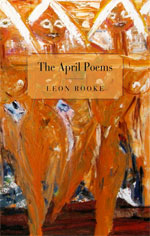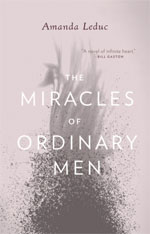
Jessica Kluthe reaches a hand – at first tentative and trembling – across oceans and generations from her life in Canada to that of her ancestors in Italy in her captivating family memoir, Rosina, the Midwife. Those ancestors were part of a 26-million-strong exodus of Italians from 1870 to 1970, departing Italy for other parts of Europe and further afield, to North America. Kluthe’s particular focus, however, is the stalwart and enigmatic figure of a family member who chose to stay behind: her great-great-grandmother, Rosina, respected matriarch and, as a practising midwife, essential keeper of community tradition, secrets, and life.
Kluthe imagines poignantly and strikingly Rosina’s determination to see her family succeed and thrive, even if and when it means separating from loved ones permanently:
“She didn’t have a picture of her husband, but she could see him when she looked into her son’s face: everyone could. And, as her family would resettle, she would be left to remember this day of goodbyes and their faces – Giovanni’s and Generoso’s. And their eyes so dark that she couldn’t see their pupils – so dark that she could see her face reflected in Generoso’s as she stepped back, her hands still on his shoulders, and smiled as she wished him safe travels.”
Kluthe’s passion for the intricacies of heritage and the enduring love of family and how they inform both social fabric and individuals make Rosina an absorbing read. Kluthe’s pursuit of answers, interwoven with her own life’s joys and sorrows, rounds out the emotional satisfaction quotient of the book, making Rosina a “can’t put down” book for any season.
It was a pleasure to offer a version of this review to 49th Shelf for their Summer 2013 “Couldn’t Put It Down” feature, which includes great summer reading recommendations by noted Canadian reviewers, bloggers, publishers, authors, editors, and publicists with whom I was delighted to have my name and recommendation included. Read the feature here.


